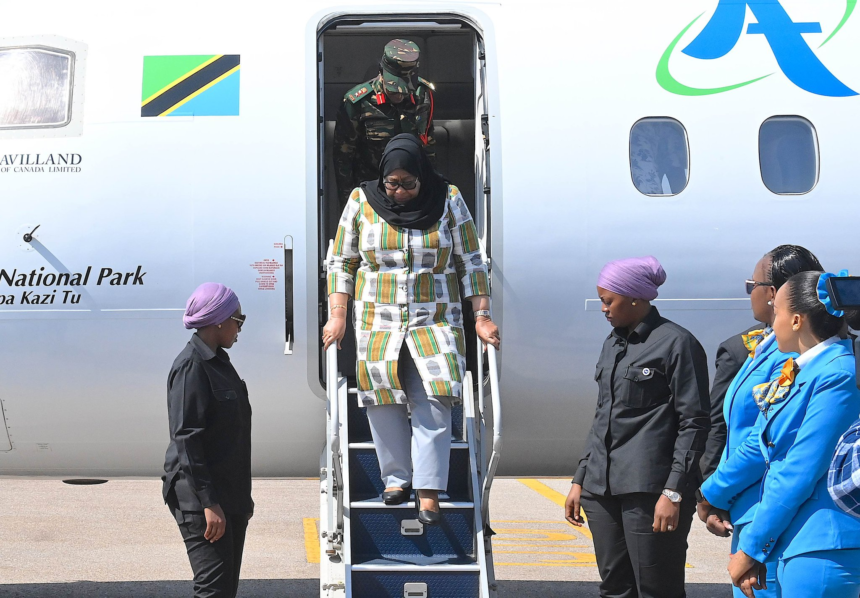Moody’s Investor’s Service deals with delivering independent, in-depth and transparent opinions on credit risk through its credit ratings.
The company has recently changed its outlook toward Tanzania from stable to positive.
The outlook change to positive reflects moody’s view that political risks have lessened under the government’s new approach to promoting economic development with the international community.
The government’s efforts to improve the business and investment climate and attract foreign direct investment (FDI), most notably in the mining and hydrocarbon industries, offer the prospect for higher potential growth and improving international competitiveness.
Tanzania’s re-engagement with the IMF also has the potential to support higher government revenue generation capacity and unlock greater concessional financing from development partners, supporting debt affordability and increased social spending.
In turn, such indications that lower political risk may improve the country’s economic and financial environment support Tanzania’s capacity to face the implications of the global shock following Russia’s invasion of Ukraine.
The government’s re-engagement with the international community has the potential to improve fiscal outcomes.
President Hassan has travelled extensively regionally and abroad to improve international relations and attract investment since assuming power.
Efforts to re-engage with the IMF have successfully secured funding to bolster the government’s pandemic response and implement price subsidies to limit inflationary pressures in response to the recent commodity price shock.
Conditions met under the IMF’s Rapid Credit Facility give credibility to the goals in the new IMF Extended Credit Facility program to target institutional capacity development and increase the government’s revenue generation capacity, supporting improvements to fiscal policy effectiveness.
The administration has also taken steps to improve relations with international development organizations by moving to open the civic space and lifting some restrictions on media and political opposition, opening the possibility for additional concessional funding from development partners and easing risks to government liquidity and cost of funding.
The government’s structural reform agenda offers the prospect of delivering lasting improvements to Tanzania’s institutional framework and supporting private sector growth.
Initial steps to improve the business and investment climate include relaxing regulations for foreign work permits, streamlining VAT refunds, and tabling legislation that supports local businesses.
Ongoing efforts to improve the regulatory environment, reduce non-tariff barriers and improve the quality of national statistics offers the prospect of delivering sustained increases to potential growth.


